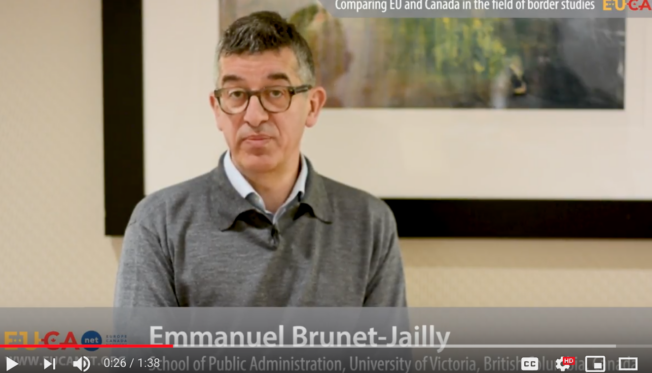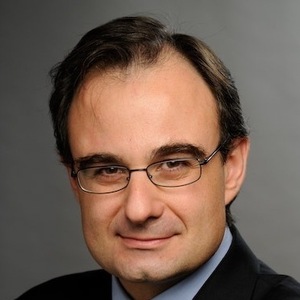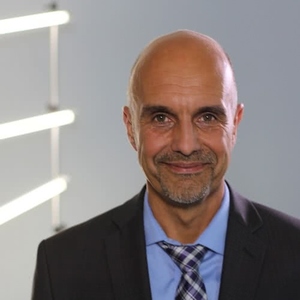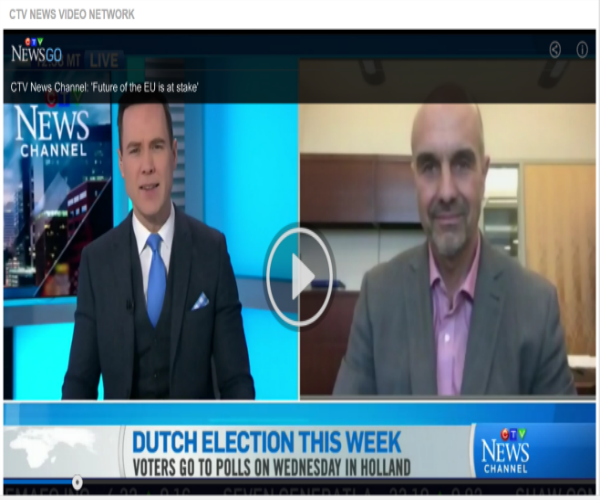Prof. Dennis Pilon: The challenges our democracies are facing today
In this video, Dennis Pilon, an Associate Professor in the Department of Political Science at York University, addresses the issue of challenges faced by democracies by nothing that the problems that we face today “are the same ones that we have always faced, which is that some people want democracy and some do not”. Pilon identifies the greatest threat to democracy in the wealthy “because they will pursue their interest single mindedly”. Episodes like the Panama papers have exposed the ways in which the wealthy are literary hoovering up society’s surplus – says Pilon – preventing governments from being able to do the things the way the citizens want. Therefore, naming why we cannot do what we want with the democratic instruments that we have is a major challenge.
Right-wing populism is itself a manifestation of the limits of our democratic experience – notes Pilon. “Democratic experience as we know it is incredibly shallow”, therefore, “nobody is very happy with it”. While some right-wing people are sometimes rightfully constrained in terms of how they can talk about things, in other cases they have not had the opportunity to build up their capacities to participate in a discussion and feel comfortable doing so. “Those people could easily not be on the right if the right sort of space were available for them”, argues Pilon. An answer to the shallowness of our democratic spaces is to “open up, create spaces for people to be able to confront the ideas that they are uncomfortable with”, says the scholar, adding that “our interest is always to solve the problem of democracy with more democracy”. “One thing we know about social change is that when people meet people who are different they are much more likely to open their minds and their hearts to them than if they do not”, says Pilon.
“To open the space means we have to challenge those who are closing it off”, adds Pilon, pointing to the fact that “people have really a difficult time grasping how phenomenally wealthy some people are and how that wealth manifests in power. How it gives them influence over governments and over the whole process of reproducing our society”. For Pilon the Occupy movement’s most important contribution is that it has named “the idea of the 1% or the 1% of the 1%”, says Pilon. Nevertheless, although movements like Occupy are “magnificent at disrupting the agenda, opening up the space for new topics, that can only be the beginning”, notes Pilon. “The next steps have to be to take these discussions into a mass arena”, as the historic left managed to do in the past. But this cannot be accomplished with “a left that is like a hipster brand”, a “small and narrow and internally discussing” left, says the scholar.
This video is part of the MSEUCA project and was produced as part of the event “‘Public Debates in Turbulent Times: Academia and Media”, which took place on 19-20 March, 2019 in Victoria, BC. MSEUCA stands for Communication and Media Strategies for EU experts in Canada. This project is co-funded by the Erasmus+ Jean Monnet Action of the European Union and the Centre for Global Studies, University of Victoria. The European Union support for the production of publications does not constitute an endorsement of the contents which reflect the views only of the authors, and cannot be held responsible for any use which may be made of the information contained therein.


 creative commons licence
creative commons licence





